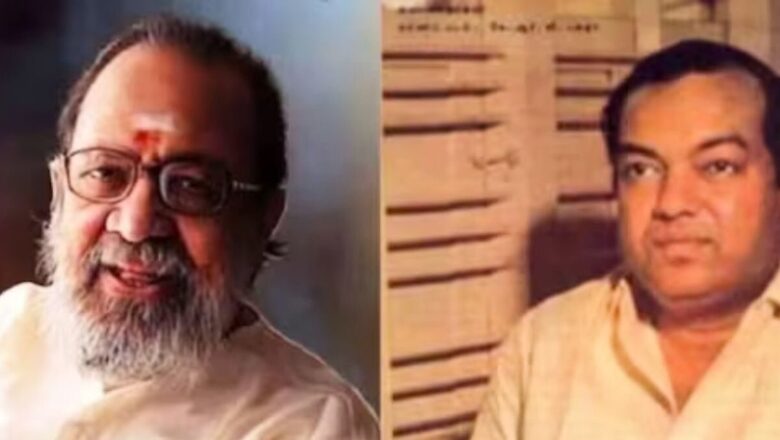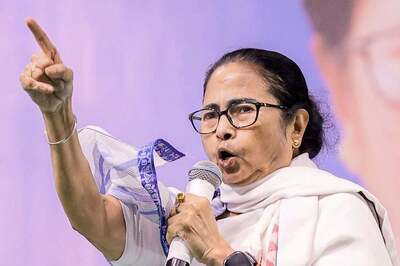
views
Poet Kannadasan, often referred to as Kaviarasu, is popular for his vast literary contributions, including over 5,000 lyrics, 6,000 poems, and 232 books. He reportedly had a rivalry with another poet named Vaali who is famous for his Tamil cinema compositions including themes of love and philosophy. There is an interesting anecdote associated with both literary geniuses.
As per reports, the former had penned the lyrics of mostly all the songs in the film Idhu Satthiyam. Only one song was left and the eminent actor and composer MS Viswanathan believed that Vaali should be roped in to write the lyrics of that track. The producer of Idhu Satthiyam, GN Velumani believed that Vaali’s talent would be wasted by just writing a single track. He recommended to MS Viswanathan that instead of Idhu Satthiyam, Vaali should be roped in to write the lyrics of all the songs in their next film Padakottai. The veteran composer agreed and Kannadasan wrote the last track of Idhu Satthiyam, titled Saravana Poigaiyil Neeradi. This song is a popular track even after many years of the film’s release.
There is another interesting anecdote associated with Kannadasan and Vaali. As per reports, in 1967, the film Nenjirukkum Varai was released, featuring Shivaji Ganesan, R Muthuraman, KR Vijaya, and others. The movie included a total of 7 songs, with Kannadasan completing 6 of them. However, before he could finish the last song, his cousin passed away in Karaikudi. Kannadasan had to rush to Karaikudi and urged Vaali to complete the remaining song.
The Padakottai lyricist readily stepped in and wrote the track Nenjirukkum Engalukku which became a big hit with the audience. This song was penned amidst immense pressure and it still struck a chord with the listeners. Reportedly, the Savaal lyricist had instructed Vaali not to request payment from director CV Sridhar for the song and assured him that he would personally compensate him for his work. In contrast to the success of the song Nenjirukkum Engalukku, the film Nenjirukkum Varai failed to meet the audience’s expectations. It ended up as a commercial failure at the box office.




















Comments
0 comment